About Us
The VPICU concept and the L. K. Whittier Foundation

Supported by the incredible generosity and foresight of the L.K. Whittier Foundation, the Laura P. and Leland K. Whittier Virtual Pediatric Intensive Care Unit (VPICU) was founded in 1998 by Dr. Randall Wetzel to support and improve the practice of pediatric critical care through information science technologies. Since then and in partnership with the L.K. Whittier Foundation, the VPICU has become the central resource for pediatric critical care quality improvement, research, and education in the United States. Information derived from VPICU data resources continues to improve the quality of care at Children’s Hospital Los Angeles (CHLA) and throughout the nation — letting the actual evidence from the care of thousands of critically ill children inform the care of the next child.
The VPICU Mission
Since its inception, the VPICU has sought to create a common information space for the providers of pediatric critical care. This vision preceded Facebook and the social web and has been realized through websites, telemedicine, internet-based communication, readily available ICU datasets, collaborative research, education, and critical-care quality improvement.
The VPICU has grown to national prominence. We created a vast data lake of critical care data from across the United States detailing how critical illness happens to children. We were early adopters of machine learning and artificial intelligence in our field to derive knowledge and insights from our extensive data sources. We have continued to expand the information space through crowdsourcing, collaboration, knowledge dissemination (publications, conferences, workshops), cloud computing, rich user experiences and, most importantly, user-generated content and design. Applications not even imagined when the VPICU was founded are reaching the bedside in the nation’s PICUs.
The VPICU’s mission has contributed to saving the lives of tens of thousands of children. Our successes have decreased the time to discovery and helped improve the quality of care for critically ill children by identifying and sharing best practices and benchmarking excellence. But the work is not done. Much more is needed to bring the full benefits of the common information space to the bedside of critically ill children. In the modern information landscape, where big data and rapidly evolving technologies are changing health care practice, the VPICU continues to imagine and create the future of pediatric critical care.

The VPICU was founded by Randall Wetzel in 1998 with funding and support from the L.K. Whittier Foundation with the vision of creating a common information space to support and improve practice in pediatric critical care. More information can be found here https://pubmed.ncbi.nlm.nih.gov/11411306/.

In collaboration with NACHRI PICU Focus group, the VPICU developed and collected a database of 16 PICUs. A new corporate entity, Virtual PICU Systems LLC, was formally created to facilitate communication and sharing between participants. VPS has a unique system widely recognized as a leader in pediatric quality improvements. More information can be found at https://myvps.org/.
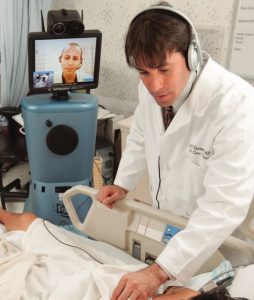
The Whittier VPICU Fellowship Program, where participating fellows developed their own customized curriculum, was established in part to further the VPICU mission. Projects included telemedicine and improving the VPICU dataset.

A collaboration between the VPICU and NASA’s Jet Propulsion Laboratory developed the architecture and framework for capturing the heterogenous pediatric critical care data into a highly available distributed database.
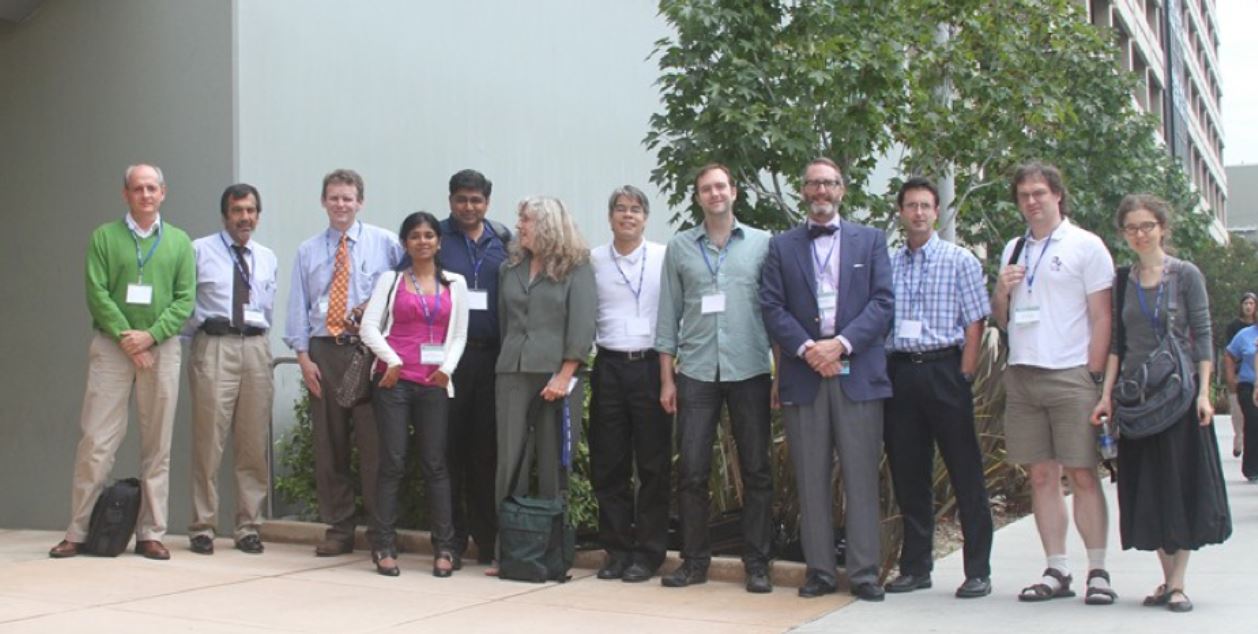
The VPICU started and hosted the first MUCMD (Meaningful Use of Complex Medical Data) conference. The conference was renamed in 2017 to MLHC (Machine Learning for Healthcare) and continues to meet annually and publish its proceedings in the Journal of Machine Learning (JMLR). More information can be found at https://www.mlforhc.org/.
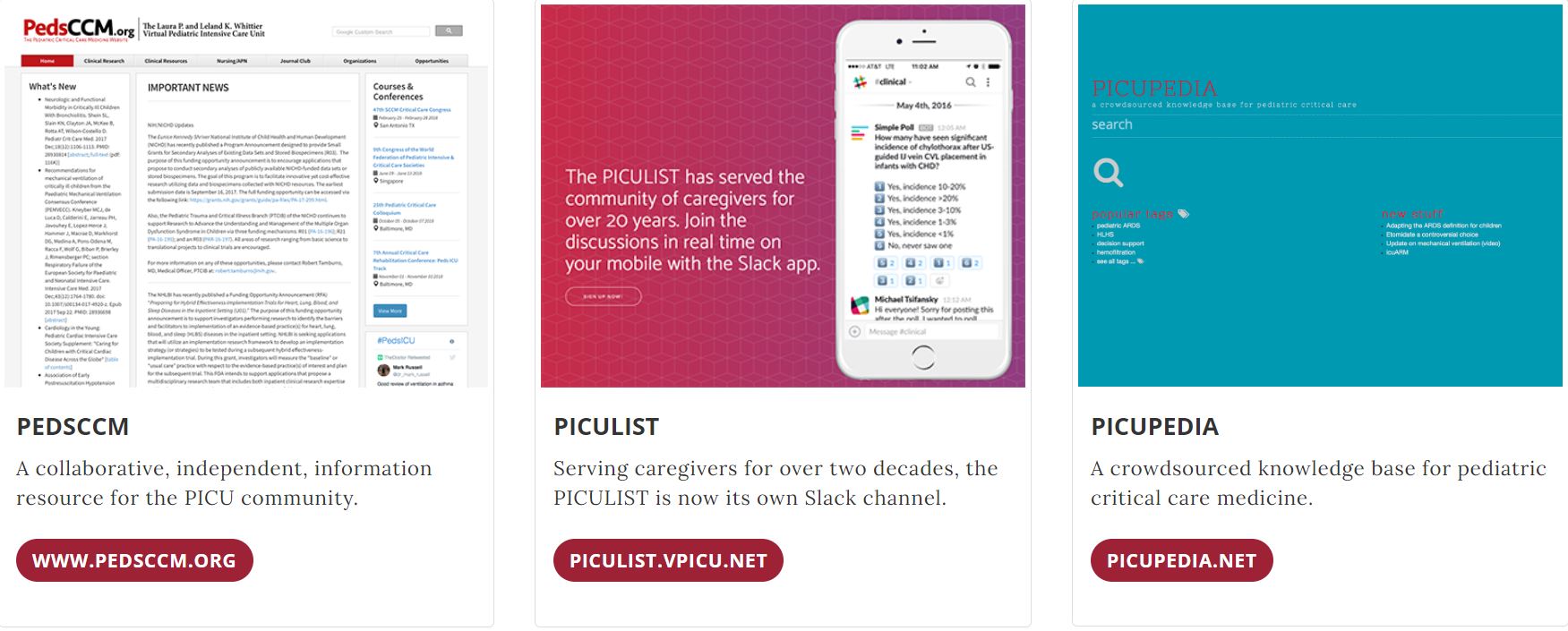
VPICU developed various websites such as pedsccm.org, piculist.vpicu.net and picupedia.net to promote wide sharing and enhancement of knowledge about pediatric critical care. In addition, the VPICU developed various applications for exploring, understanding, and sharing data such as VPICU Knode and Data Ninja.
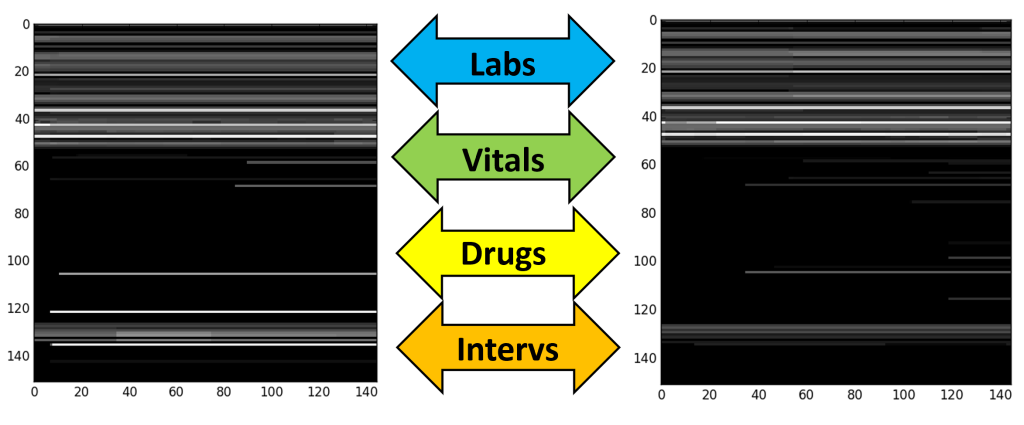
The VPICU first began exploring deep learning methods in 2015 after the success of AlexNet in 2012 and the subsequent explosion in research of deep learning methods. To leverage these methods, the VPICU developed frameworks to aggregate and harmonize data from disparate sources.

VPICU conducted tutorials for training deep learning models using real-world healthcare data. These hands-on sessions included data munging of anonymized pediatric ICU data and end-to-end training of a recurrent neural network to predict ICU-mortality.
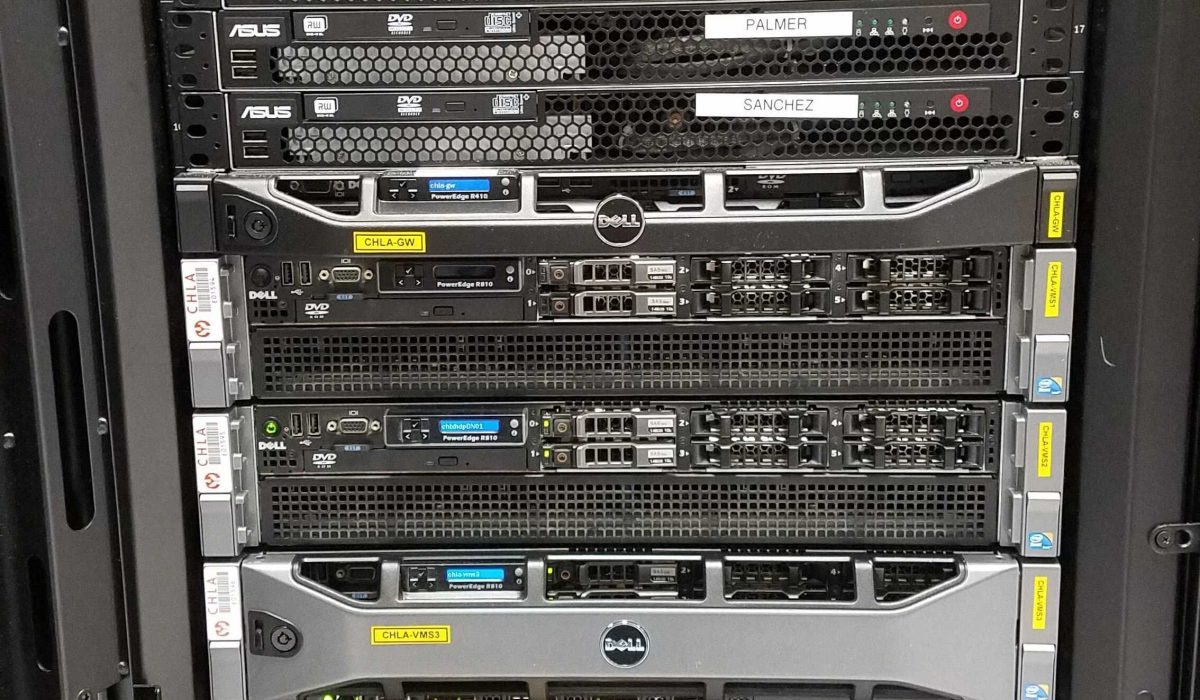
The VPICU engineered an enterprise data lake for CHLA as a proof of concept to provide high-quality, highly available data for various departments at CHLA.
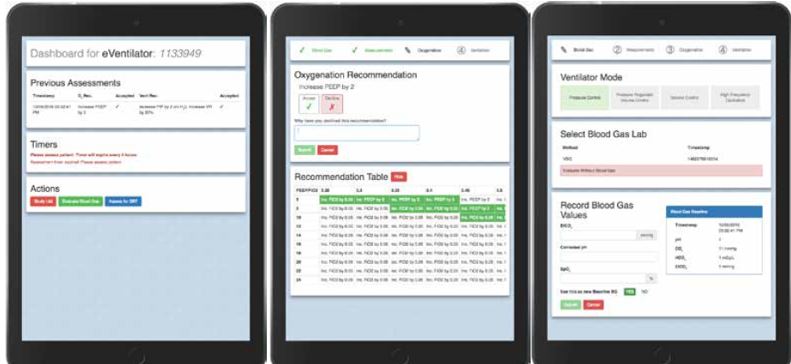
VPICU launched two multi-site applications that continue to be used today. eVENT is a webapp used for managing ventilator settings and collecting data for the REDVent clinical trial. WPP is an application that calculates a schedule for weaning critically ill children from opioids and benzodiazepines.
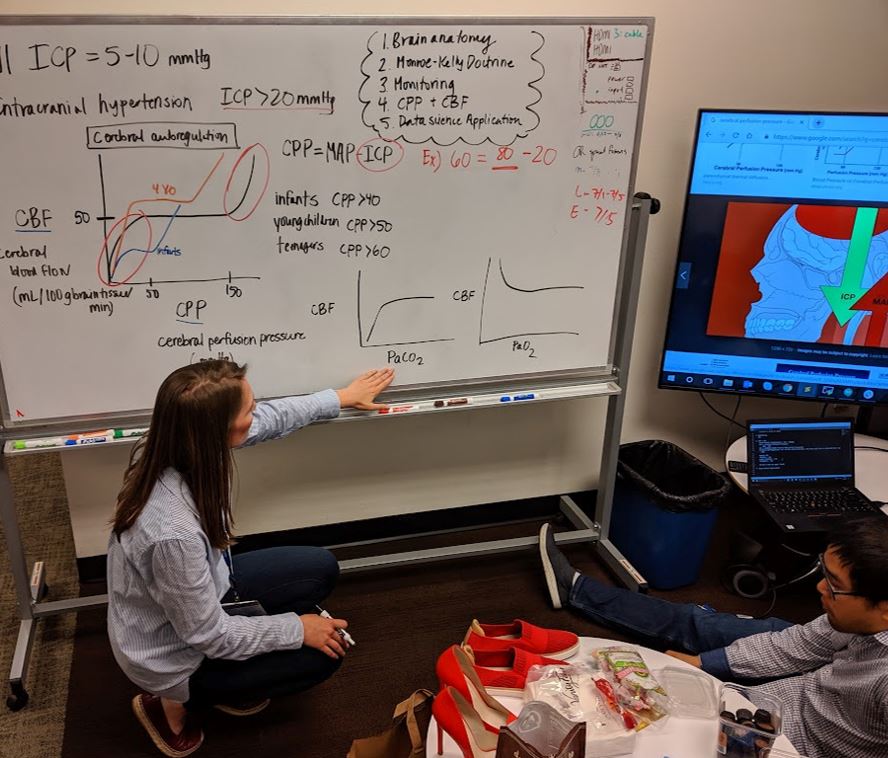
To foster collaboration and education between clinicians and aspiring data scientists, the VPICU developed a summer internship program that partnered CHLA Critical Care Fellows with data scientists interns to apply machine learning and other advanced techniques to support the Fellows’ research.
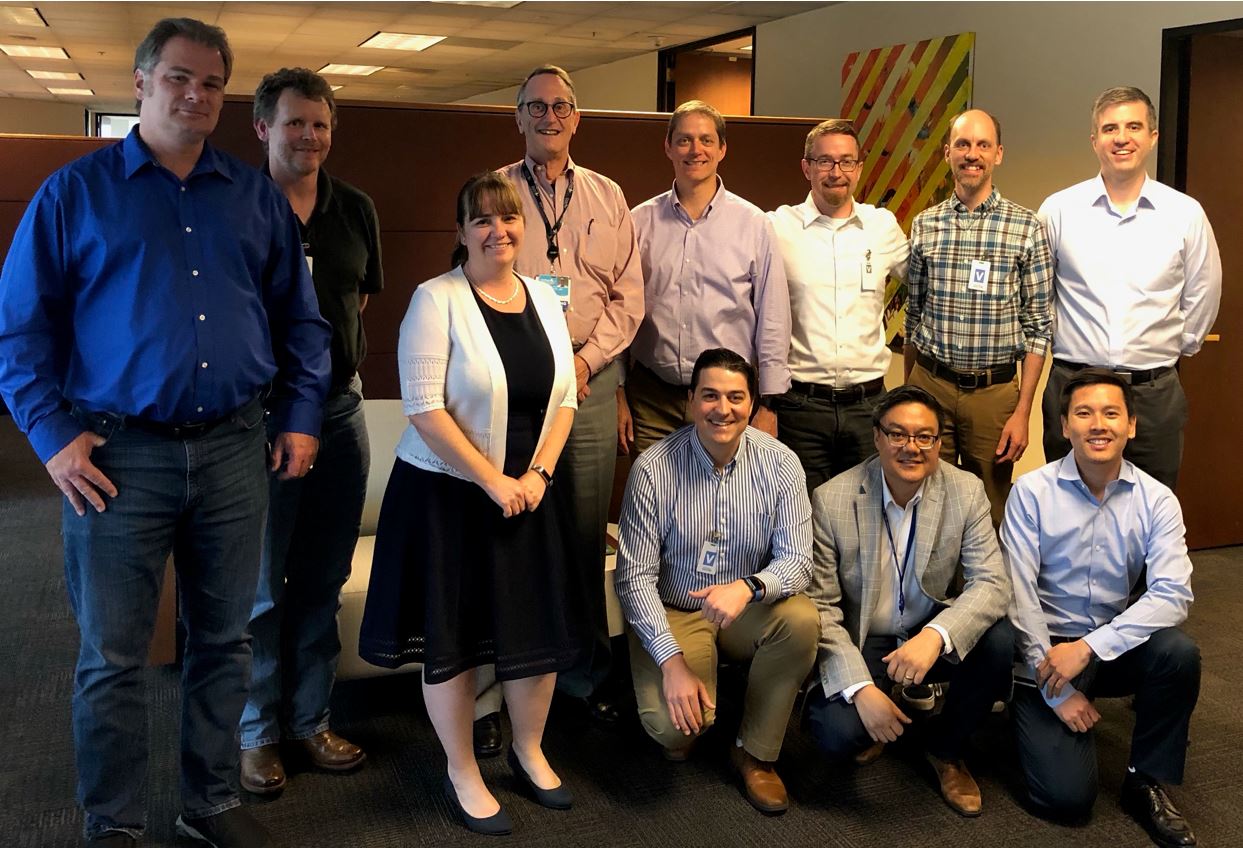
Although we capture and record large amounts of clinical data in our most vulnerable patients, these data are not widely available for researchers in an aggregated and curated format, limiting our ability to learn from it and improve our understanding of critical illness. Furthermore, any single pediatric institution will only see a relatively small number of patients with any given disease or critical care condition, severely limiting the power of single-center studies. To address these challenges, the PICU Data Collaborative (PDC) was created to share pediatric critical care EHR data across multiple institutions and foster an environment for collaborative data science.
VPICU hosts annual DS/ML week-long lectures and hands-on workshops for CHLA clinicians and researchers.
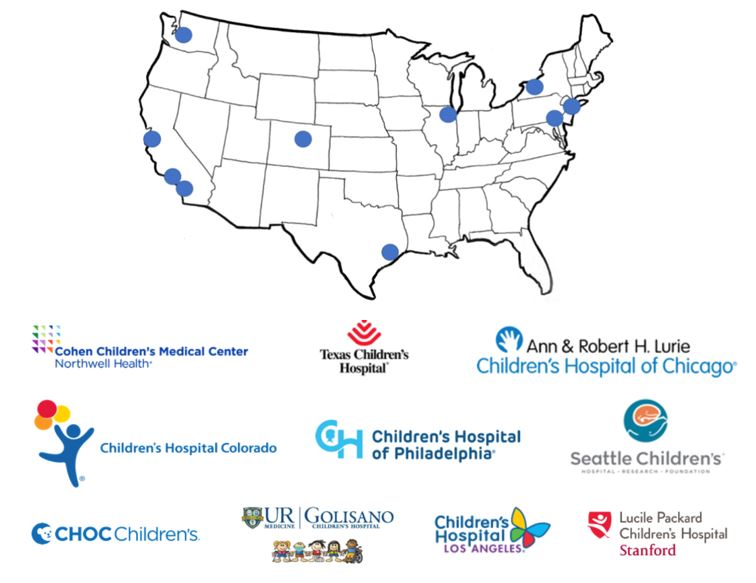
PDC is officially open for research with the creation of the first PDC dataset containing pediatric critical care EHR data from 8 institutions and a shared research platform to facilitate collaborative data science. To commemorate this occasion, the first annual PDC conference was held in Marina Del Rey.